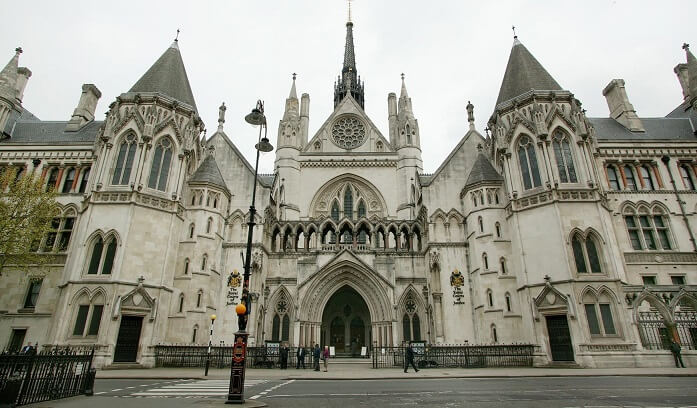 14 October 2015. The Supreme Court considered the 2 connected cases of Sharland v Sharland and Gohil v Gohil and the impact of fraud upon divorce proceedings. Both Mrs Sharland and Mrs Gohil successfully appealed for their original financial orders to be set aside on the basis that their husbands had misled the Court as to their true financial positions. It had been shown that Mr Sharland had given dishonest evidence in earlier proceedings and one of the main issues in the Court of Appeal case was whether the non-disclosure in question would have been ‘material’ to the outcome. However, as one judge commented, why would a husband lay a ‘false trail’ if what was sought to be suppressed was immaterial? His view was the wife should not have to prove that she would have obtained a substantially different order, merely that the non-disclosure had deprived her of a real prospect of doing better at a full hearing. In her judgment in the Supreme Court, Lady Hale agreed that it was wrong in this case to place, upon the victim, the burden of showing that it would have made a difference but rather the burden must lie with the perpetrator of the fraud. The Court unanimously allowed the wives’ respective appeals and the matters have been returned to the Family Division of the High Court for further directions. The respective judgments come as a timely reminder to all parties in divorce proceedings of the vital importance of honesty and transparency in financial disclosure. If fraud or dishonesty can be shown, whether or not it is material, it can allow one party to reopen the original settlement.
14 October 2015. The Supreme Court considered the 2 connected cases of Sharland v Sharland and Gohil v Gohil and the impact of fraud upon divorce proceedings. Both Mrs Sharland and Mrs Gohil successfully appealed for their original financial orders to be set aside on the basis that their husbands had misled the Court as to their true financial positions. It had been shown that Mr Sharland had given dishonest evidence in earlier proceedings and one of the main issues in the Court of Appeal case was whether the non-disclosure in question would have been ‘material’ to the outcome. However, as one judge commented, why would a husband lay a ‘false trail’ if what was sought to be suppressed was immaterial? His view was the wife should not have to prove that she would have obtained a substantially different order, merely that the non-disclosure had deprived her of a real prospect of doing better at a full hearing. In her judgment in the Supreme Court, Lady Hale agreed that it was wrong in this case to place, upon the victim, the burden of showing that it would have made a difference but rather the burden must lie with the perpetrator of the fraud. The Court unanimously allowed the wives’ respective appeals and the matters have been returned to the Family Division of the High Court for further directions. The respective judgments come as a timely reminder to all parties in divorce proceedings of the vital importance of honesty and transparency in financial disclosure. If fraud or dishonesty can be shown, whether or not it is material, it can allow one party to reopen the original settlement.

Leave a Reply
You must be logged in to post a comment.